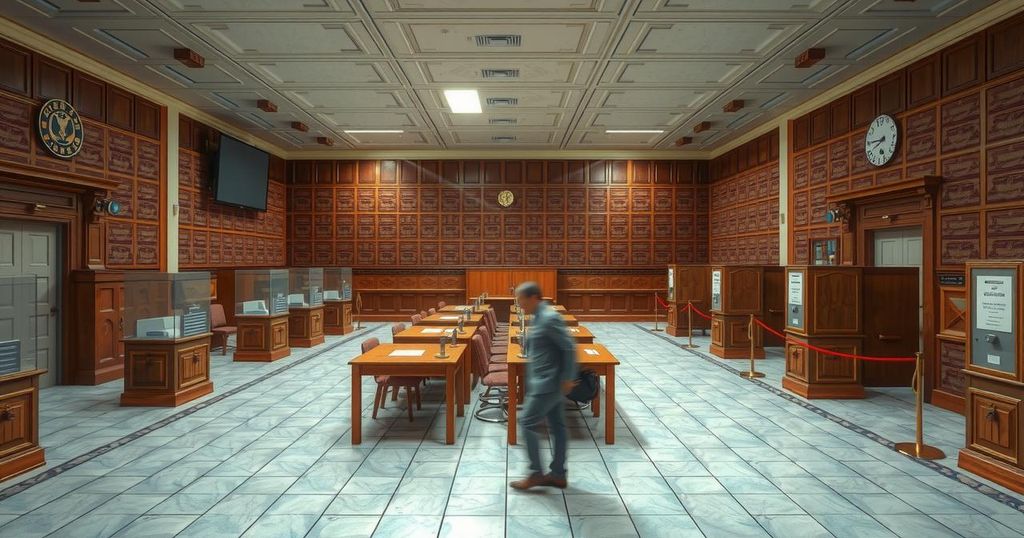Chad held parliamentary elections amid a low turnout due to an opposition boycott, marking an end to a three-year military-led transitional period. The elections are the first in over a decade and aim to transition towards decentralization. However, discontent among voters and accusations of electoral illegitimacy from opposition parties have raised concerns about the credibility of this electoral process.
Chadians participated in parliamentary and regional elections on Sunday, though the turnout was notably low, primarily due to a boycott organized by the main opposition parties. The elections were intended to conclude a three-year transitional period following military rule. Military leader Mahamat Idriss Deby, who assumed power after his father’s death, stated that these elections would lead to much-anticipated decentralization in Chad. The previous free and fair elections have not been witnessed since independence from France in 1960. With more than eight million registered voters, the election aimed to fill 188 legislative seats in the new National Assembly. However, very few voters appeared in polling stations in the capital, N’Djamena, underscoring the disaffection among the populace. Major opposition groups, including the Transformers party, have condemned the elections as a mere façade for retaining power and have publicly encouraged citizens to abstain from voting. Amidst calls for a democratic transition, political observers have expressed concerns over the lack of genuine opposition participation in this electoral process. The necessity for a transition from military rule and the potential for future democratic developments remain paramount for Chad as it grapples with significant internal and external security challenges.
Chad, a nation of approximately 18 million people, has faced decades of political instability, stemming from a lack of credible electoral processes. Since gaining independence from France in 1960, free and fair transitions of power have been absent. The recent parliamentary elections are significant as they are the first in over ten years, marking the potential end of military rule and a shift towards democratic governance. This electoral event follows a disputed presidential election in which Mahamat Idriss Deby emerged victoriously, further complicating the political landscape. With numerous security concerns, including threats from Boko Haram and shifting military alliances, the political future of Chad is increasingly uncertain.
In summary, the parliamentary elections in Chad signal a pivotal moment in the nation’s journey towards democracy, despite the low voter turnout resulting from widespread opposition boycotts. The lack of credible competition has raised significant concerns about the legitimacy of these elections, which are aimed at concluding a military transitional period. Chadians remain wary of the political motives behind the electoral process, underscoring the complexity of establishing a stable and democratic governance in the country.
Original Source: apnews.com







